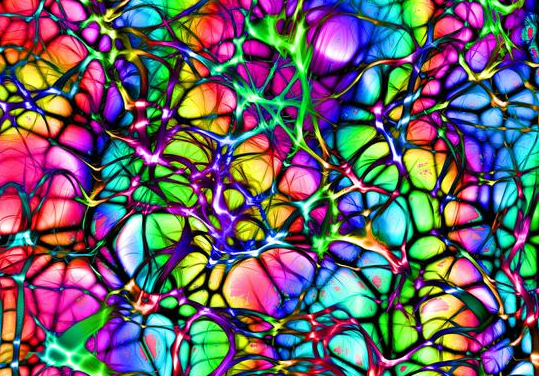Scientists from the National Institute of Standards and Technology (NIST) are excited about a breakthrough in superconducting switches that could soon enable computers to think and make decisions like humans, effectively transforming them into artificial brains. This innovation is expected to revolutionize AI systems, making them an essential part of daily life across various fields such as transportation, healthcare, and more.
The new component, referred to as an artificial synapse, mimics the way biological synapses function in the brain. It processes incoming electrical signals and generates appropriate outputs, much like how neurons communicate. A recent study published in "Science Advances" on January 26 details this cylindrical-shaped artificial synapse, which is just 10 microns in diameter. This system can learn from its environment and adapt over time, marking a significant step forward in neuromorphic computing.

Compared to natural synapses, these artificial switches are more efficient, using less energy and transmitting signals at a much faster rate. While human synapses operate at about 50 times per second, these switches can send signals up to a billion times per second. This speed enhances the performance of neural-mode computers, enabling AI to improve decision-making in smart devices like self-driving cars and even assist in diagnosing serious conditions such as cancer.
As autonomous driving technology advances, car manufacturers are investing heavily in this area. However, achieving full autonomy remains a challenge. One major hurdle is the ethical dilemmas AI faces in emergency situations—deciding whether to prioritize passenger safety or protect pedestrians. These new artificial synapses could help create more intelligent AI systems capable of handling such complex moral choices.
In the medical field, these switches have the potential to enhance diagnostic tools. For example, an artificial brain developed by researchers at John Radcliffe Hospital in Oxford has shown promise in detecting life-threatening heart conditions. A startup claims its AI system can detect lung cancer earlier than human doctors, potentially saving thousands of lives each year. Despite these advancements, traditional computers still struggle with tasks requiring contextual understanding.
NIST researchers point out that current computers don't process and store information simultaneously like the human brain does. However, the latest artificial synapses address this limitation, allowing machines to emulate brain-like functions. Although the technology is still in testing phases, experts believe it could significantly boost the capabilities of future artificial brains, paving the way for smarter, more intuitive AI systems.
Sawafuji Truck jump starter,truck jump starter,super capacitor jump starter,portable jump starter
YIWU JINGHONG AUTO PARTS CO.,LTD , https://en.jhauto.ru